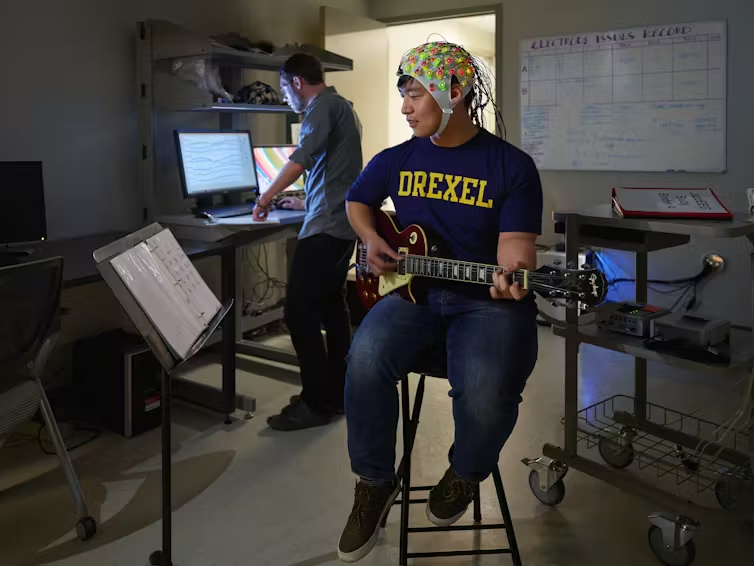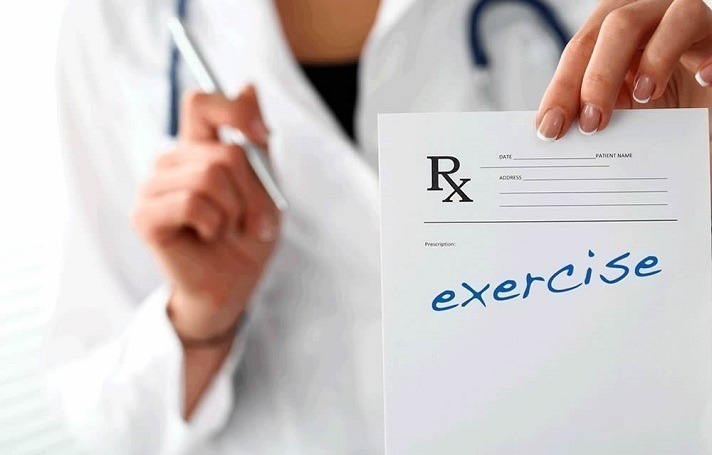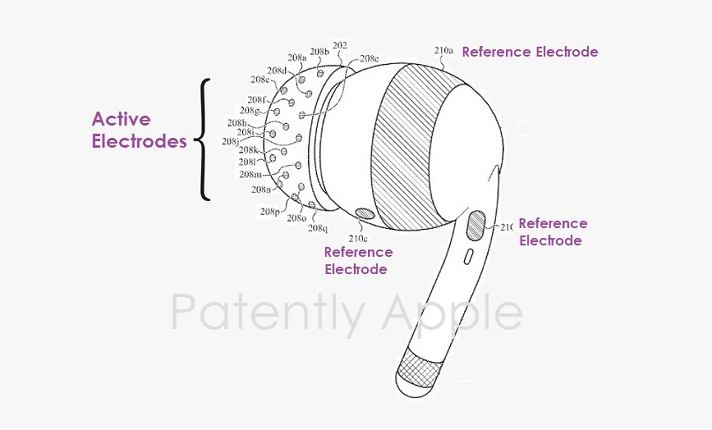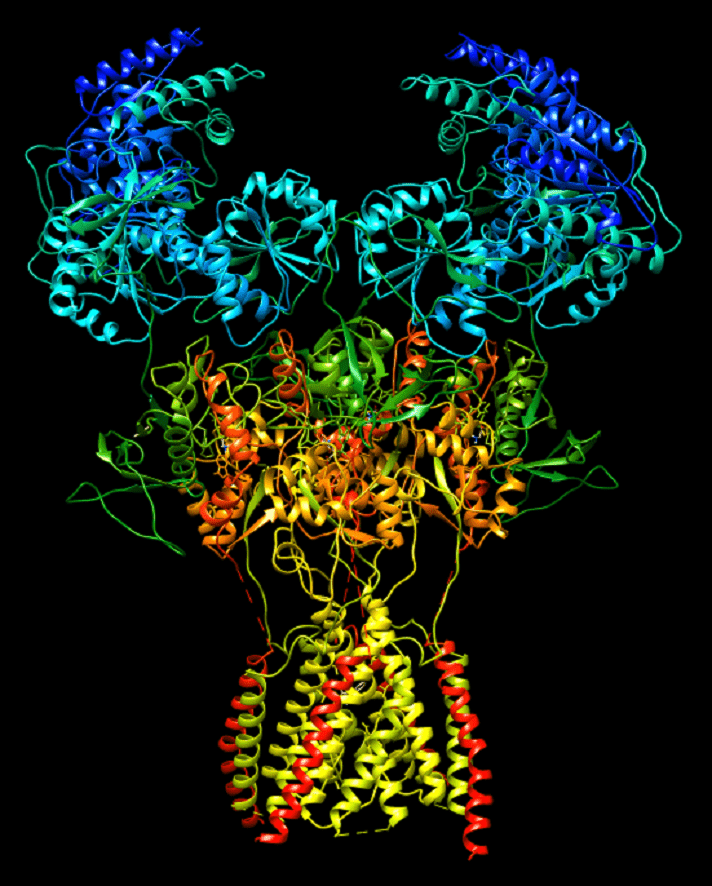Posts Tagged ‘brain-activity’
Neuroimaging study shows how being “in the zone” requires intensive practice first and then learning to surrender
Flow, or being “in the zone,” is a state of amped-up creativity, enhanced productivity and blissful consciousness that, some psychologists believe, is also the secret to happiness. It’s considered the brain’s fast track to success in business, the arts or any other field. But in order to achieve flow, a person must first develop a strong…
Read MoreTime for a universal “exercise prescription” for kids and adults to boost cognition and mental health?
Welcome to a new edition of SharpBrains e‑newsletter, featuring this time a range of brain research findings, tools and controversies plus some brain teasers to challenge your (and our) working memory. #1. Major evidence review supports an “exercise prescription” for most adults to boost mental health “Higher intensity physical activity was associated with greater improvements”…
Read MoreJust-published Apple patent signals aim to measure brain activity using AirPods sensor system
Apple Invents a next-generation AirPods Sensor System that could measure Biosignals and Electrical Activity of a User’s brain (Patently Apple): Today the US Patent & Trademark Office published a patent application from Apple that relates to a next-generation of AirPods Sensor System wherein the housing and tips of AirPods could include a number of active and…
Read MoreStudy identifies cognitive benefits of ketamine in patients with treatment-resistant depression
Which factors determine what we believe about our world, ourselves, our past, and our future? Cognitive neuroscience suggests that our beliefs are dependent on brain activity, specifically on the way our brains process sensory information in order to make sense of our environment. These beliefs (defined as probability estimates) are central to our brain’s predictive…
Read MoreBeacon Biosignals raises $27M to scale EEG, AI-based neurobiomarker discovery platform
Neurotech startup Beacon Biosignals scores $27M to bring AI to EEG analysis (MedCity News): Electroencephalography is a decades-old technique for capturing brain activity, data that are used to evaluate brain disorders. Beacon Biosignals is applying artificial intelligence to these tests, and the neurotechnology startup has found a ready market in pharmaceutical companies interested in assessing how…
Read MoreBecoming better mind-wanderers to boost problem-solving and mood
I’m a big believer in daydreaming now and then—especially when I’m out hiking. There’s something about being in nature that helps me let go of daily cares and allows my mind to wander where it will, which feels great and often jumpstarts my creativity as a writer and musician. I admit, though, I’ve been troubled…
Read More




